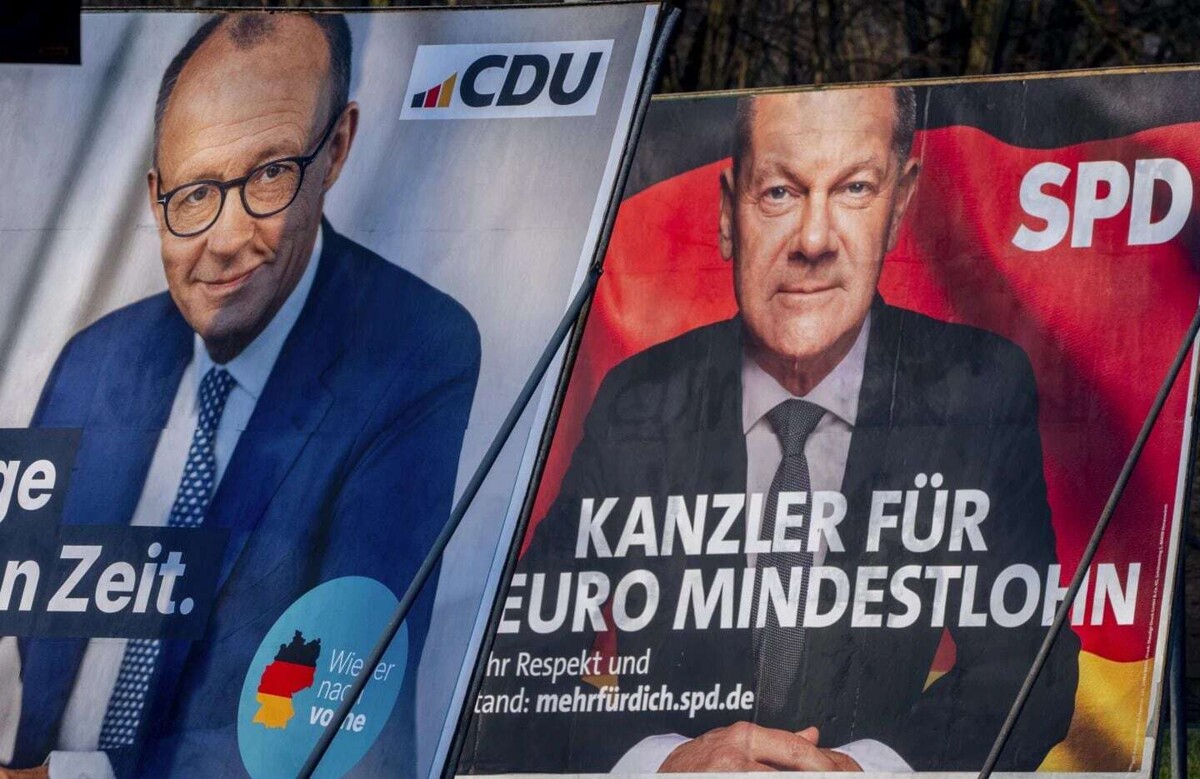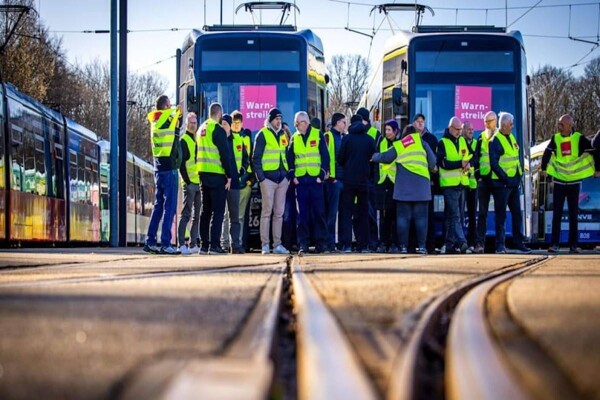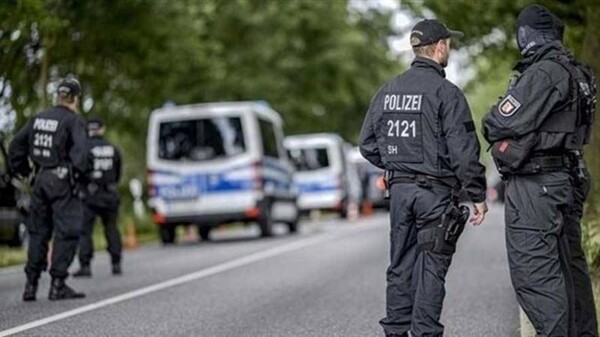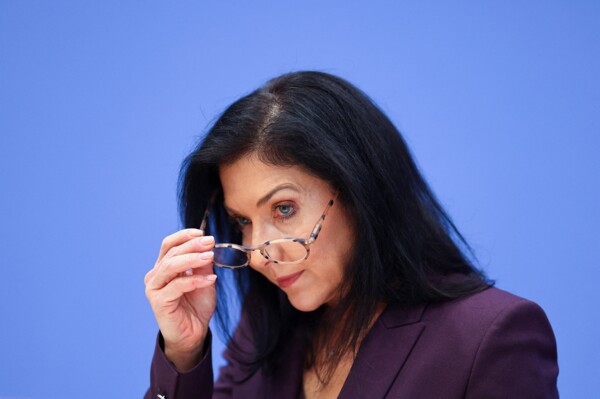
In Germany, in November 2024, the coalition formed by the Social Democratic Party (SPD), the Greens, and the liberals (FDP) abruptly collapsed, leading to turbulent times in the country's politics. This breakdown occurred due to deep discrepancies on crucial issues such as migration, the economy, and international policy, especially related to the conflict between Russia and Ukraine, where Germany plays a key role in maintaining European stability.
The unusual supportive stance of former U.S. President Donald Trump and his cabinet, led by Elon Musk, towards Russian President Vladimir Putin at the expense of Ukrainian President Volodymyr Zelensky has challenged the prevailing positions in the West, particularly the Franco-German stance of unwavering support for Ukraine.
In this context, Friedrich Merz, a conservative politician with a strong inclination towards business and pro-Europeanism, emerges as a relevant figure. Known for his legal training and experience in politics and finance in the United States, Merz positions himself as the future chancellor after obtaining 28.5% of the votes.
In the elections, the far-right party Alternative for Germany (AfD), led by Alice Weidel, managed to gain significant electoral support with 20.8% of the votes, establishing itself as the second political force in the Bundestag. This rise poses an imminent scenario in which the far right could gain power, generating uncertainty in German politics.
Given this landscape, the formation of a new government coalition becomes crucial to prevent the far right from taking control. Merz seeks to establish an alliance, possibly with the SPD, which received 12.5% of the votes, in order to address urgent challenges such as the economic recession and counteract the rise of the far right with its populist rhetoric.
The German political agenda is at a critical moment, with Putin and Trump seeking to assert their hegemonies, which could trigger future conflict. In this context, the talks between Merz and current Chancellor Olaf Scholz mark the beginning of a negotiation process to define the country's direction.
For the SPD, the path to these negotiations involves facing a painful electoral defeat led by Scholz, while Merz and his potential coalition will have to demonstrate effective leadership capacity in a time of political instability in Germany.














